
Kragujevac: The Heart of Serbia's History and Culture
Kragujevac, nestled in central Serbia, is a city rich with history and culture. It was once the capital of Serbia in the early 19th century, and it proudly showcases its heritage through numerous museums, monuments, and historical sites. The city is home to the first Serbian grammar school, the first printing house, and the first theatre, making it a significant educational and cultural hub. Take a stroll through the central Kragujevac and discover the charming pedestrian zones filled with vibrant cafes, restaurants, and shops. The city’s main square, Trg Vojvode Radomira Putnika, is a lively spot to mingle with locals and enjoy the atmosphere. Don't miss the Cathedral Church of the Holy Trinity, a stunning example of Serbian Orthodox architecture. Nature lovers will appreciate the lush beauty of Šumarice Memorial Park, a serene escape that also holds deep historical significance. The park is dedicated to the victims of World War II and features poignant memorials and a museum. For a scenic day trip, head to the nearby Lake Gruža, where you can enjoy fishing, boating, and picnicking. Kragujevac is also known for its vibrant cultural scene. The city hosts numerous festivals throughout the year, including the International Festival of Anti-War and Engaged Art (Šumadija Fest), which attracts artists and visitors from around the world. The National Theatre of Kragujevac offers a rich program of performances, ranging from classical plays to modern productions.
Local tips in Kragujevac
- Visit the Šumarice Memorial Park early in the morning for a peaceful experience and to avoid the crowds.
- Try local Serbian dishes at small, family-owned restaurants for an authentic culinary experience.
- Bring comfortable walking shoes as the city is best explored on foot.
- Check the local event calendar for festivals and cultural events happening during your visit.
- Use public transportation or rent a bike to explore the outskirts and nearby attractions like Lake Gruža.
Kragujevac: The Heart of Serbia's History and Culture
Kragujevac, nestled in central Serbia, is a city rich with history and culture. It was once the capital of Serbia in the early 19th century, and it proudly showcases its heritage through numerous museums, monuments, and historical sites. The city is home to the first Serbian grammar school, the first printing house, and the first theatre, making it a significant educational and cultural hub. Take a stroll through the central Kragujevac and discover the charming pedestrian zones filled with vibrant cafes, restaurants, and shops. The city’s main square, Trg Vojvode Radomira Putnika, is a lively spot to mingle with locals and enjoy the atmosphere. Don't miss the Cathedral Church of the Holy Trinity, a stunning example of Serbian Orthodox architecture. Nature lovers will appreciate the lush beauty of Šumarice Memorial Park, a serene escape that also holds deep historical significance. The park is dedicated to the victims of World War II and features poignant memorials and a museum. For a scenic day trip, head to the nearby Lake Gruža, where you can enjoy fishing, boating, and picnicking. Kragujevac is also known for its vibrant cultural scene. The city hosts numerous festivals throughout the year, including the International Festival of Anti-War and Engaged Art (Šumadija Fest), which attracts artists and visitors from around the world. The National Theatre of Kragujevac offers a rich program of performances, ranging from classical plays to modern productions.
When is the best time to go to Kragujevac?
Iconic landmarks you can’t miss
Memorial Park October in Kragujevac
Explore the serene Memorial Park October in Kragujevac, a poignant tribute filled with history, resilience, and beautiful landscapes.
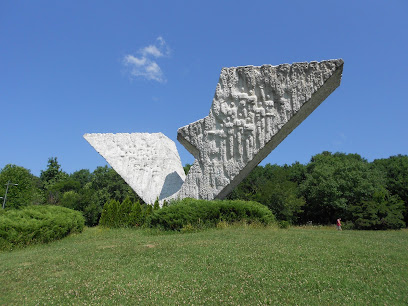
Big Park
Unwind in the lush greenery of Big Park in Kragujevac, a serene city park perfect for family fun and nature lovers.
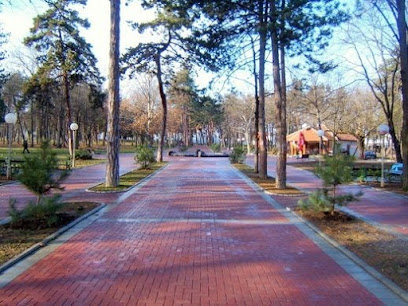
21st of October Museum
Discover the poignant history of Kragujevac at the 21st of October Museum, a landmark dedicated to remembrance and reflection.
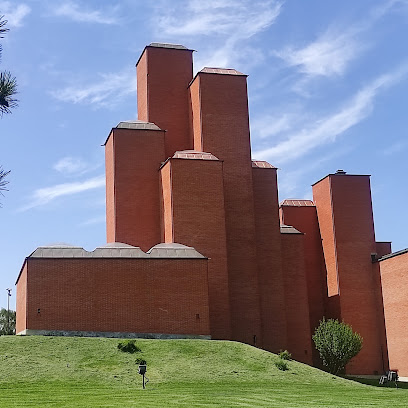
Eko park Ilina voda
Discover the beauty of Eko Park Ilina Voda, a lush green oasis in Kragujevac perfect for relaxation, adventure, and experiencing local culture.
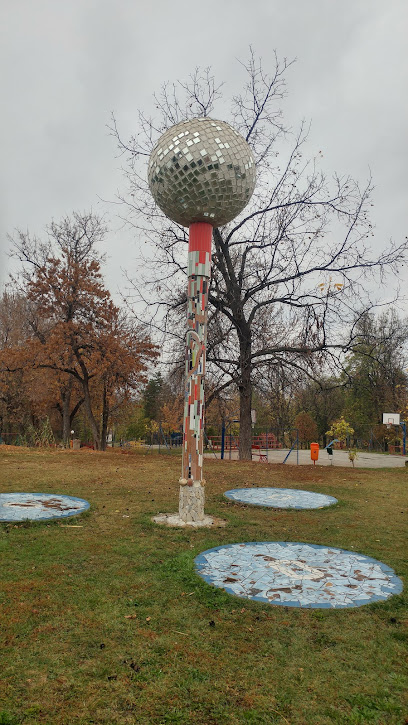
Sputnik 1957
Discover the flavors and vibrant atmosphere of Sputnik 1957, a must-visit pub in Kragujevac, Serbia, perfect for locals and tourists alike.
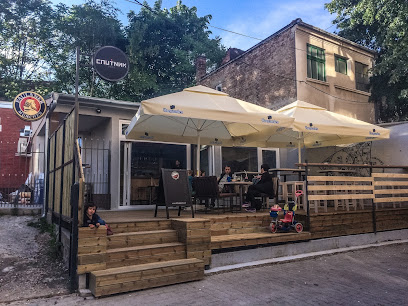
Triptih
Discover the vibrant flavors and cozy ambiance of Triptih Café in Kragujevac, where every bite is a taste of local culture.
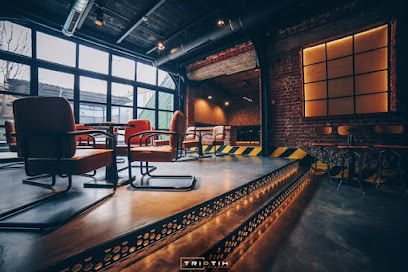
Restoran Pljeskovac
Discover the authentic tastes of Serbia at Restoran Pljeskovac, where local cuisine meets a welcoming atmosphere in Kragujevac.
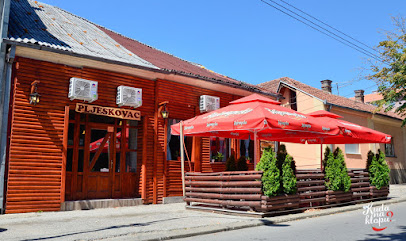
Drača monastery
Explore Drača Monastery, a serene and historic site in Serbia, perfect for spiritual reflection and cultural insight amidst picturesque landscapes.
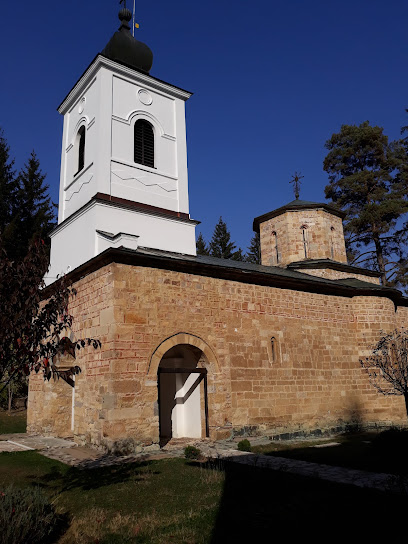
Monastery Divostin
Discover the serene beauty and rich history of Monastery Divostin, a tranquil retreat in the heart of Serbia's picturesque landscapes.
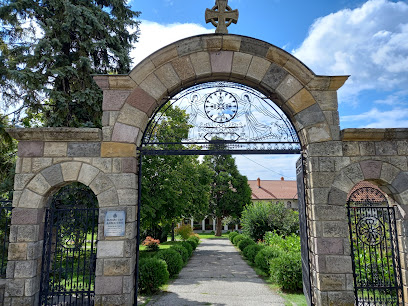
Šumarice Lake
Explore the natural beauty and peaceful surroundings of Šumarice Lake in Kragujevac, a perfect retreat for nature lovers and outdoor enthusiasts.
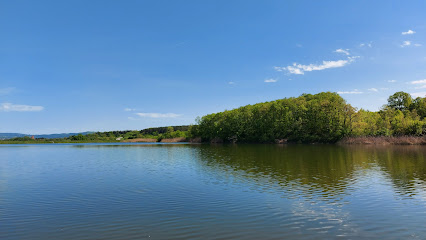
The prince's arsenal
Discover the rich military heritage of Serbia at The Prince's Arsenal, a premier history museum in Kragujevac, showcasing captivating artifacts and exhibits.
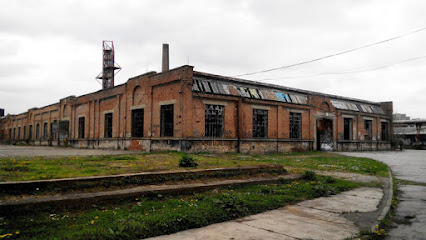
Ambassador house
Experience the rich flavors of Serbia at The Ambassador House, a premier restaurant in Kragujevac offering a blend of traditional and modern cuisine.
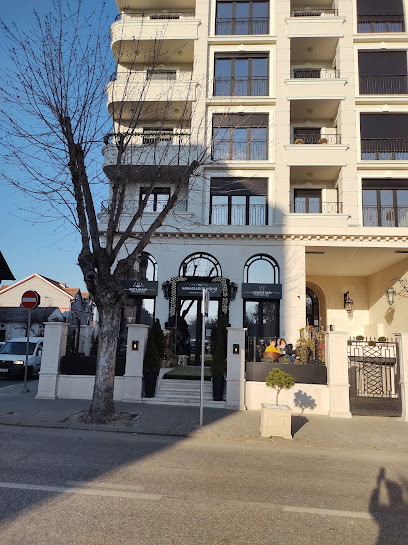
National Museum of Šumadija
Discover the rich heritage and cultural history at the National Museum of Šumadija in Kragujevac, a must-visit for culture enthusiasts.
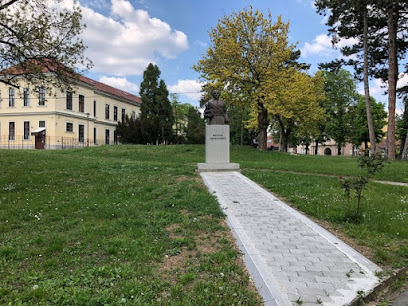
Restoran Lađa kod Bože (Lađa Francuska)
Experience authentic Serbian cuisine at Restoran Lađa kod Bože in Kragujevac, where tradition meets taste in a warm, inviting atmosphere.
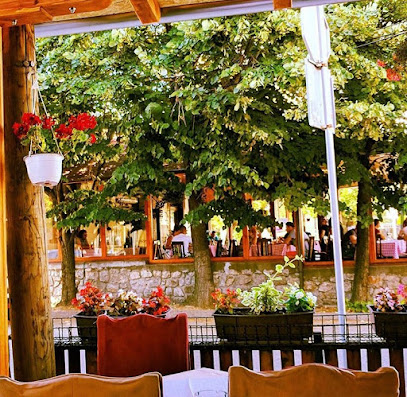
Arsenal, Kragujevac
Explore the rich industrial heritage of Serbia at Arsenal, a historical landmark in Kragujevac showcasing remarkable architecture and cultural significance.
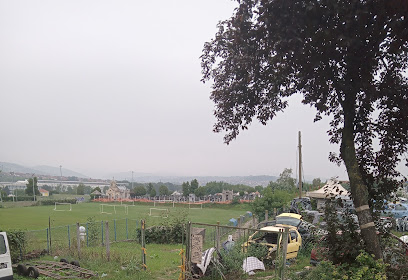
Unmissable attractions to see
Manasija Monastery
Explore the serene Manasija Monastery, a breathtaking 15th-century landmark showcasing stunning architecture and rich history amidst tranquil nature.
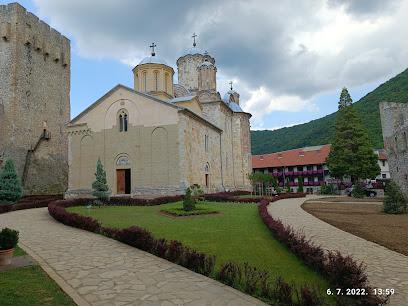
Žiča Monastery
Discover the spiritual essence and architectural beauty of Žiča Monastery, a historic gem in Serbia's cultural landscape.
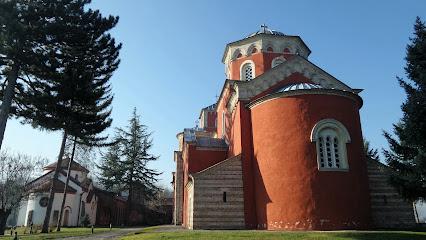
Big Park
Discover the lush beauty of Big Park in Kragujevac, a tranquil urban escape perfect for picnics, family fun, and leisurely strolls amidst nature.
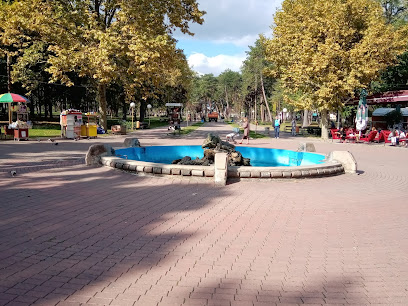
Holy Martyr George
Explore Holy Martyr George, a stunning Orthodox church in Topola, rich in history and architectural beauty, perfect for cultural enthusiasts.
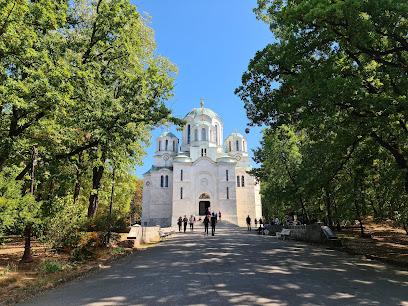
21st of October Museum
Discover the profound history of Serbia at the 21st of October Museum in Kragujevac, a poignant tribute to resilience and remembrance.
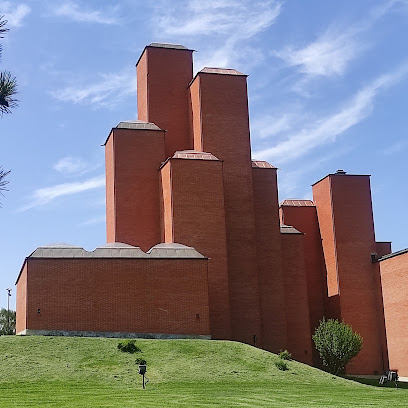
Eko park Ilina voda
Discover Eko Park Ilina Voda, a serene green oasis in Kragujevac, perfect for nature lovers and families seeking relaxation and outdoor adventure.
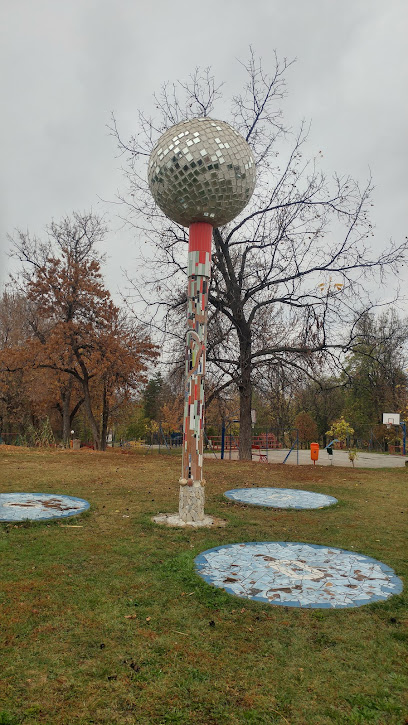
Šumarice Lake
Explore the natural beauty and rich history of Šumarice Lake, a serene nature preserve near Kragujevac, ideal for outdoor enthusiasts and families.
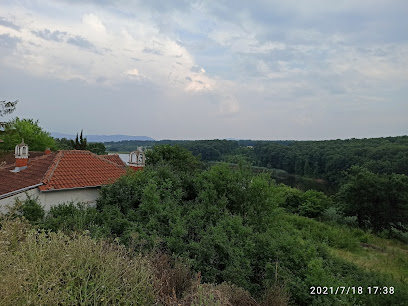
The prince's arsenal
Explore The Prince's Arsenal in Kragujevac, a historical museum showcasing Serbia's military heritage and significant armaments.
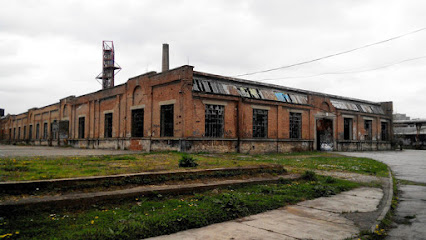
Vinarija Aleksandrović
Experience the finest Serbian wines at Vinarija Aleksandrović, a picturesque winery in Topola, perfect for wine lovers and curious travelers alike.
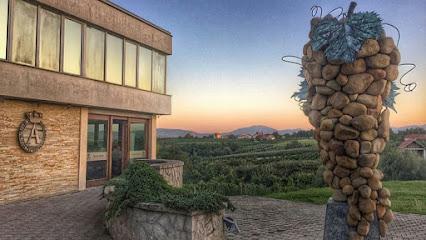
Winery Despotika
Discover the rich heritage of Serbian winemaking at Winery Despotika, where tradition meets taste in a stunning vineyard setting.
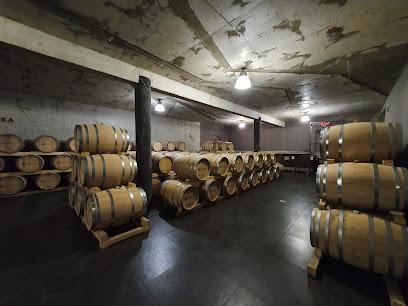
National Museum of Šumadija
Discover the rich tapestry of Serbian culture at the National Museum of Šumadija in Kragujevac, where history and art intertwine beautifully.
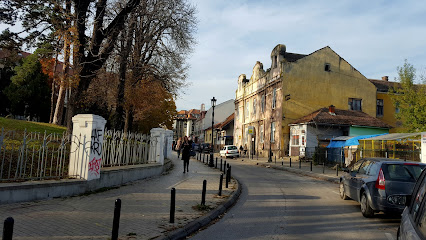
King's Winery
Explore the exquisite wines and breathtaking views at King's Winery in Topola, a perfect blend of tradition and modern winemaking.
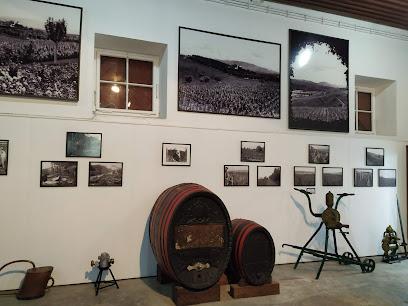
Amidža Konak
Explore the exquisite Amidža Konak Museum in Kragujevac, a captivating reflection of Serbian history and culture rich with art and architecture.
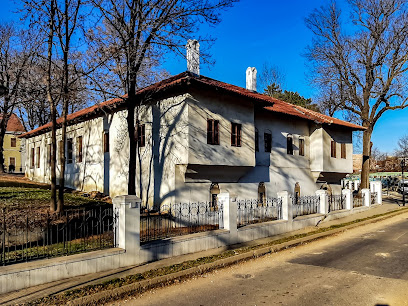
Old Gun Foundry Museum
Explore the Old Gun Foundry Museum in Kragujevac, where history and craftsmanship unite to tell the story of Serbia's industrial legacy.
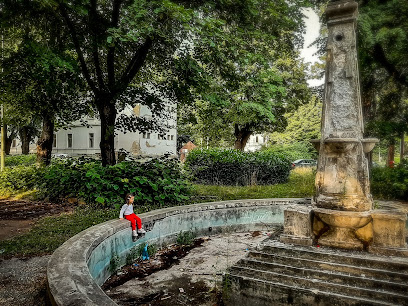
Стара Скупштина
Explore the rich history of Serbia at Stara Skupština, an iconic museum in Kragujevac that showcases the nation's political heritage.
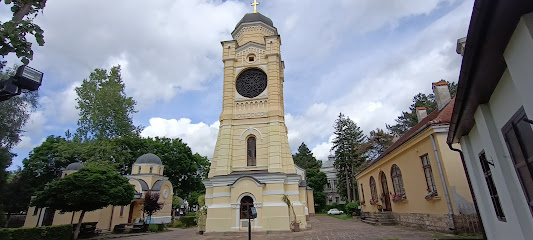
Essential places to dine
Restoran Mustang
Discover the taste of Western cuisine at Restoran Mustang in Kragujevac – where every meal is crafted for your enjoyment.
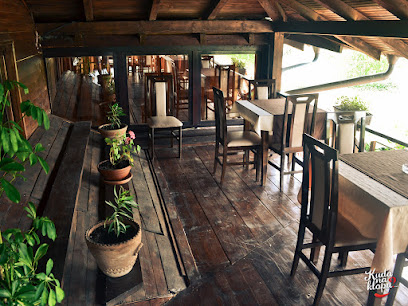
Restaurant Dvoriste
Experience authentic Serbian cuisine at Restaurant Dvoriste in Kragujevac - where every meal is crafted with passion and fresh local ingredients.
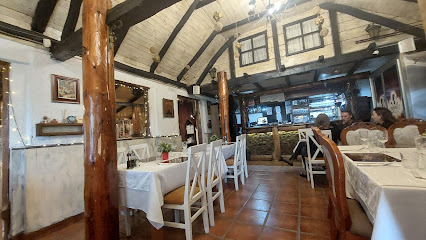
Angel & Devil restaurant
Experience the best of Serbian cuisine at Angel & Devil Restaurant in Kragujevac - where tradition meets taste.
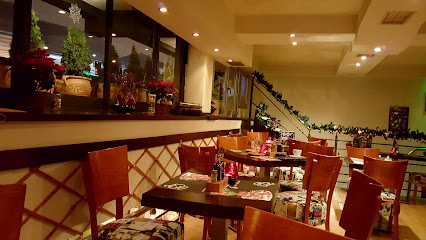
Panorama
Experience exquisite dining at Panorama in Kragujevac with breathtaking views and delightful Serbian cuisine.
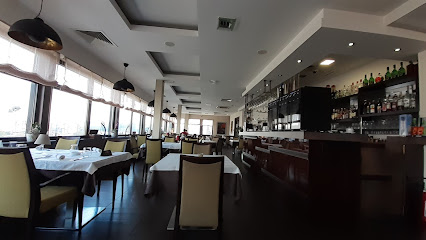
Old Serbia
Experience authentic Serbian cuisine at Old Serbia in Kragujevac – where tradition meets taste.
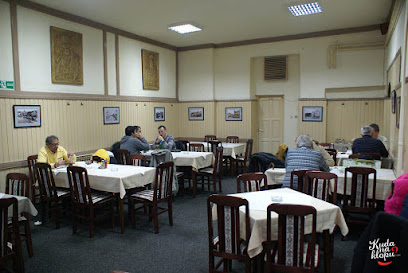
Kano
Experience the rich flavors of Serbian cuisine at Kano in Kragujevac—where every meal is a celebration of taste.
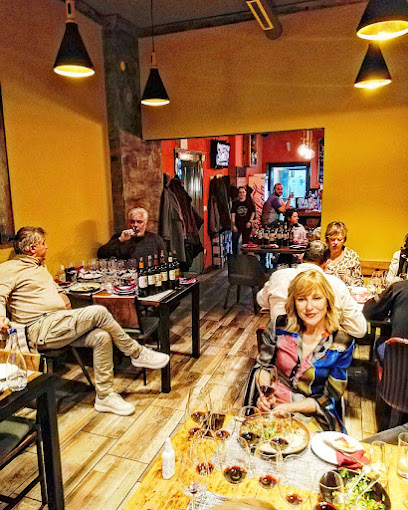
Mademoiselle Kragujevac
Discover Mademoiselle Kragujevac: A Culinary Haven Offering Authentic Serbian Cuisine in an Inviting Atmosphere.
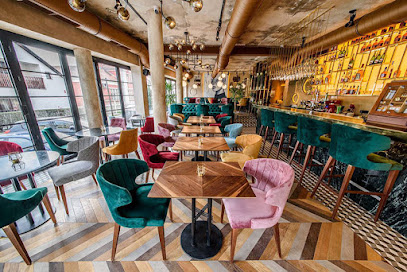
Crown Cafe & Restaurant
Experience authentic Serbian cuisine at Crown Cafe & Restaurant in Kragujevac - where every meal is a celebration of flavor.
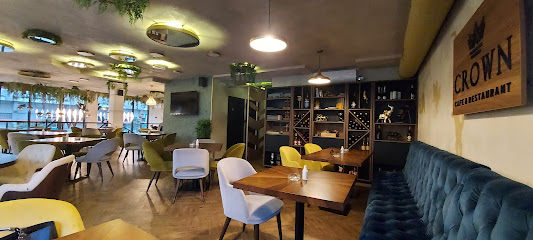
Toro restaurant
Experience exquisite local and international cuisine at Toro Restaurant in Kragujevac – where every meal is a celebration of flavor.
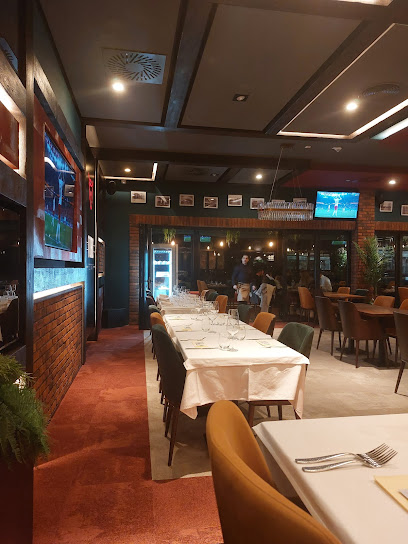
District 034
Discover the culinary delights of District 034 in Kragujevac - where tradition meets innovation in every dish.
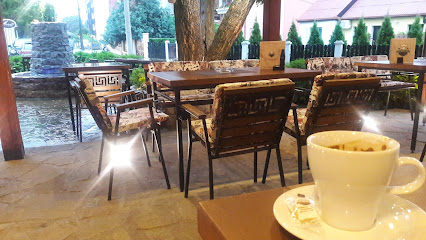
Square One
Experience exceptional dining at Square One in Kragujevac - where local flavors meet international cuisine in a vibrant atmosphere.
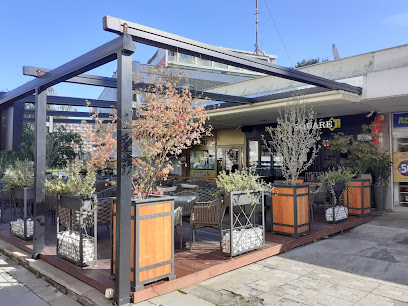
Terminal 7 food&bar
Experience the flavors of Serbia at Terminal 7 Food & Bar, where modern dining meets traditional cuisine in Kragujevac.
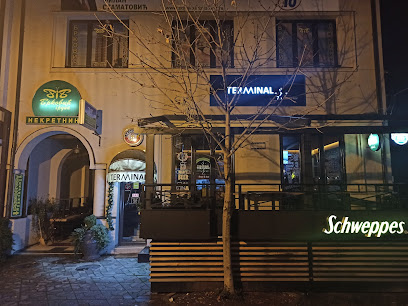
Ambassador house
Experience exquisite dining at The Ambassador House in Kragujevac - where tradition meets innovation in every dish.
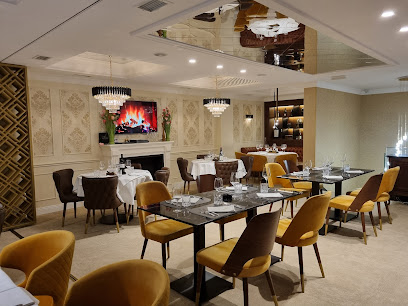
Tapas_by_Manufaktura
Discover the flavors of Spain at Tapas by Manufaktura in Kragujevac - where every bite tells a story.
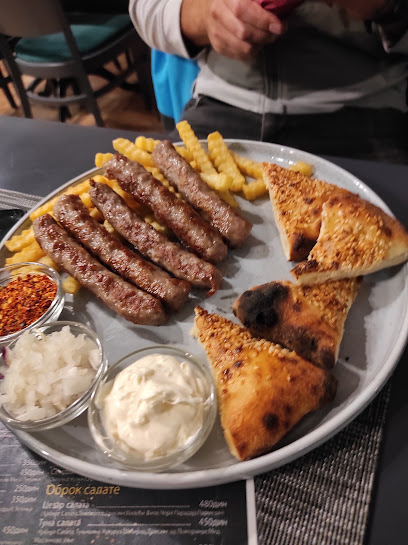
Di Trevi
Experience the authentic flavors of Kragujevac at Di Trevi - where every meal is a celebration of culinary artistry.
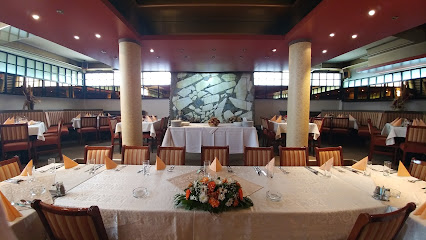
Markets, malls and hidden boutiques
BIG FASHION Kragujevac
Experience the best of shopping, dining, and entertainment at BIG FASHION Kragujevac, the ultimate destination for tourists in Serbia.
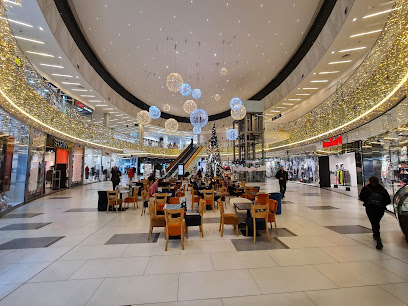
Vape Shop Umbrella Elektronske Cigarete Big Fashion Kragujevac
Discover the best vaporizers and e-liquids at Vape Shop Umbrella in Kragujevac, where vaping culture thrives in a welcoming atmosphere.
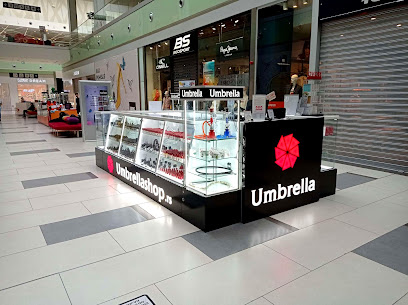
Department store Kragujevcanka
Explore the local charm and diverse shopping options at Department Store Kragujevcanka in Kragujevac, a must-visit for every tourist.
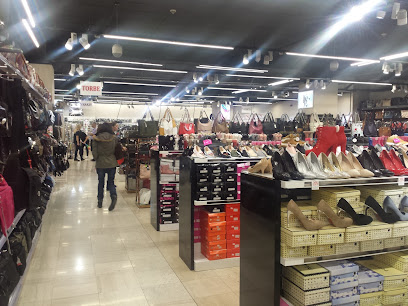
Radnički Shopping Center
Explore Kragujevac's Radnički Shopping Center, a vibrant mall offering diverse shopping, dining, and entertainment options for every traveler.
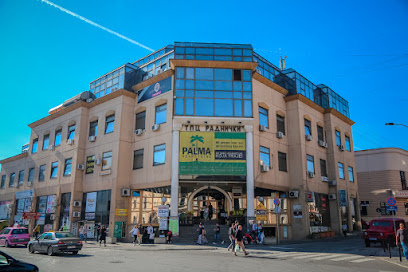
Nike Store
Explore the Nike Store in Kragujevac for cutting-edge sportswear, footwear, and accessories in a vibrant shopping environment.
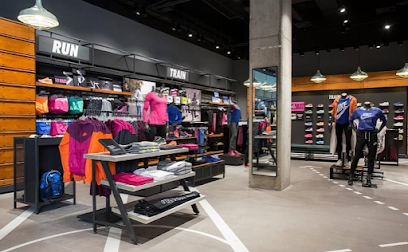
Aleksandra Kis - Svecane haljine Kragujevac
Discover elegance and style at Aleksandra Kis Boutique in Kragujevac, featuring stunning formal dresses for every special occasion.
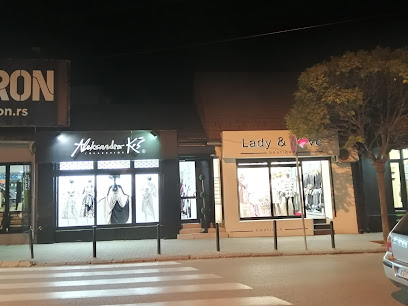
Crazy Vinyl Shop
Explore Kragujevac's Crazy Vinyl Shop for a vast selection of vinyl records and a vibrant music culture that resonates with every music lover.
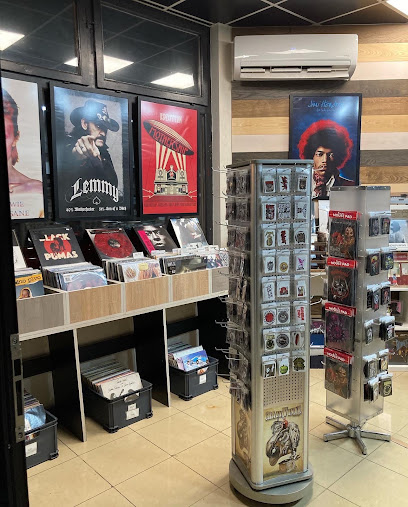
Bulevar
Discover the latest fashion trends and timeless classics at Bulevar, Kragujevac's premier clothing store for all styles.
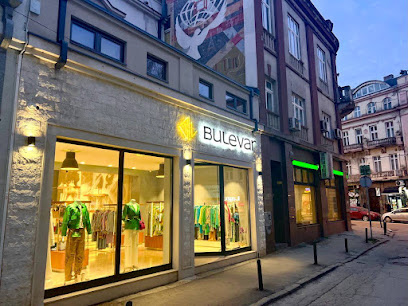
Abrasevic
Discover the heart of Kragujevac at Abrasevic, a bustling shopping mall offering retail therapy, delightful dining, and a taste of local culture.
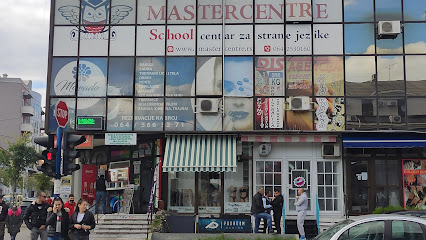
Boutique Lady&Love Kragujevac
Discover the latest fashion trends at Boutique Lady&Love in Kragujevac, where style meets sophistication in a delightful shopping atmosphere.
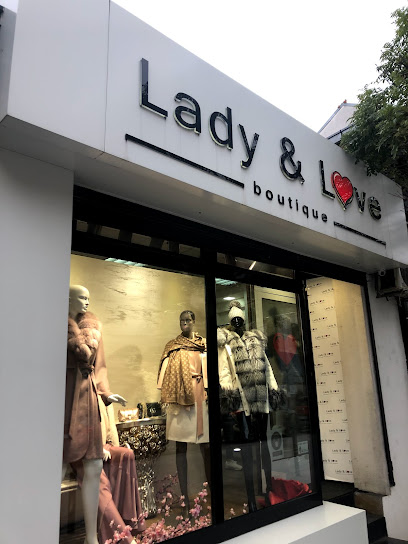
Orient Emporium
Explore the bustling Orient Emporium in Kragujevac, offering a diverse shopping experience with local and international brands in a vibrant atmosphere.
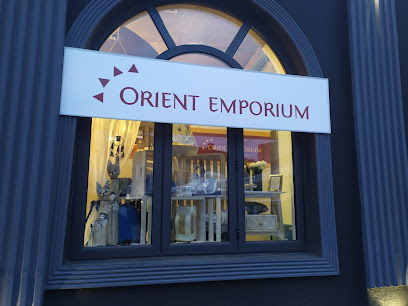
Elipsa Kragujevac
Discover Elipsa Kragujevac, your go-to fashion accessories store for unique and stylish items that elevate your look in the heart of Serbia.
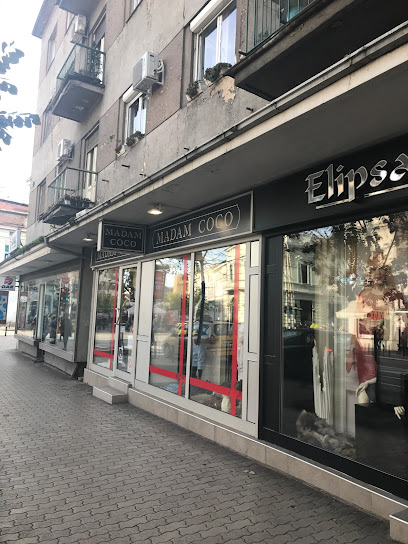
Domino-Martini Vesto
Explore stylish fashion options at Domino-Martini Vesto, Kragujevac's premier clothing store offering a unique shopping experience.
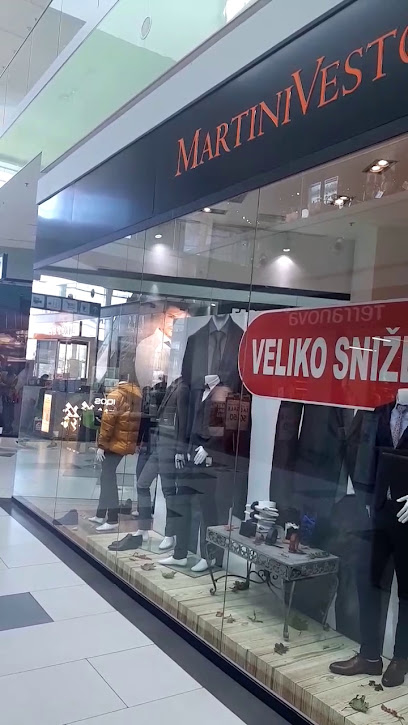
ZAPONETTI
Explore Zaponetti in Kragujevac for unique local products and a taste of Serbian culture, perfect for your travel memories.

Vape Shop Umbrella Elektronske Cigarete Kragujevac
Explore Kragujevac's premier vape shop, offering a wide selection of vaporizers and e-liquids in a welcoming atmosphere.
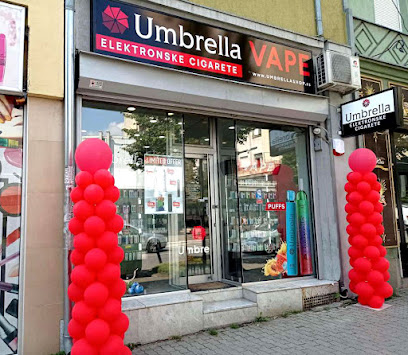
Essential bars & hidden hideouts
Buena Vista
Discover the ultimate cafe and cocktail experience in Kragujevac at Buena Vista, where every sip promises delight and relaxation.
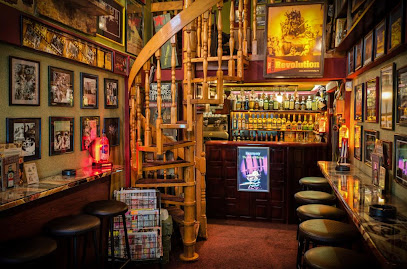
Sputnik 1957
Discover the vibrant nightlife and local flavors at Sputnik 1957, a beloved pub in Kragujevac perfect for tourists and locals alike.
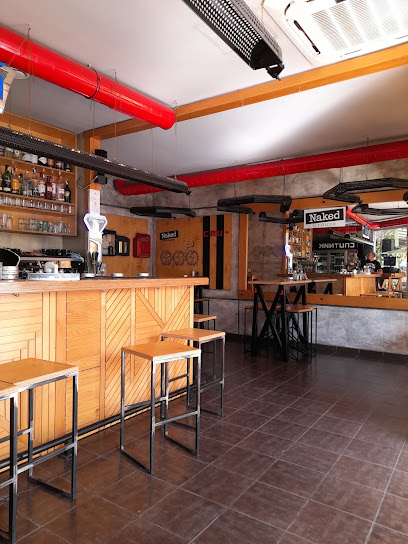
New Marabu
Experience the lively atmosphere and delightful drinks at New Marabu, a must-visit bar in Kragujevac's nightlife.
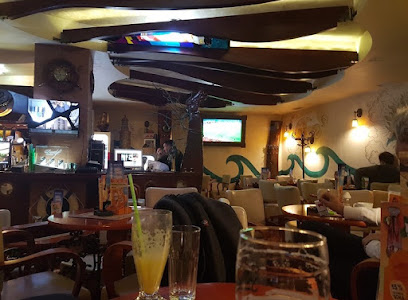
Bazar Bar
Experience the lively atmosphere of Bazar Bar in Kragujevac, a perfect blend of local culture, diverse drinks, and vibrant social interactions.
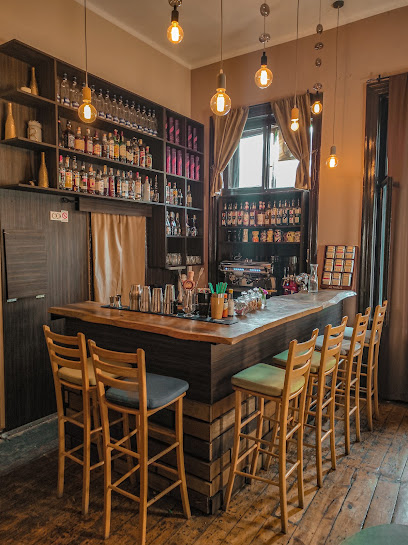
Draft Pub
Discover the vibrant atmosphere of Draft Pub in Kragujevac, a favorite spot for craft beer enthusiasts and nightlife lovers.
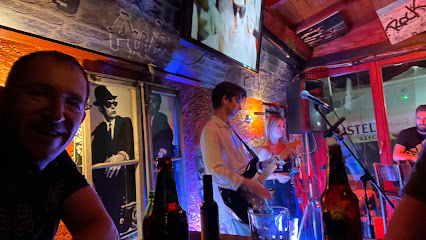
KUMANDRA
Experience the vibrant nightlife of Kragujevac at Kumandra, a cocktail bar known for its unique atmosphere and expertly crafted drinks.
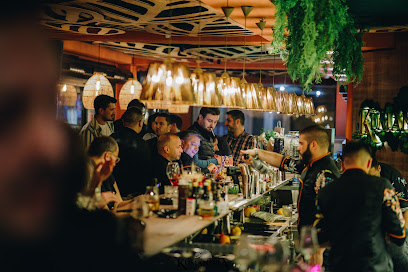
Zlo i Naopako, kafe i koktel bar
Discover the vibrant blend of cocktails and coffee at Zlo i Naopako, a must-visit bar in Kragujevac for every traveler.
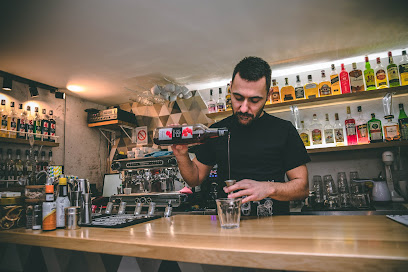
Кафе КОСМОС
Experience the essence of Kragujevac at Café KOSMOS, where vibrant atmosphere meets an array of delightful beverages.
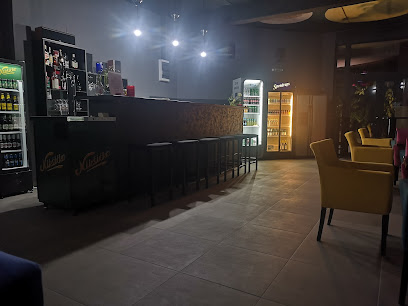
Beerokratija Kragujevac
Experience the lively atmosphere of Beerokratija Kragujevac, where local beers and a vibrant ambiance come together for an unforgettable night.
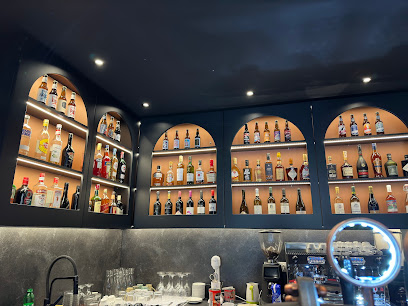
LEPENIČKI VIR
Experience the vibrant live music scene at Lepenički Vir, a must-visit bar in Kragujevac offering a cozy atmosphere and captivating performances.
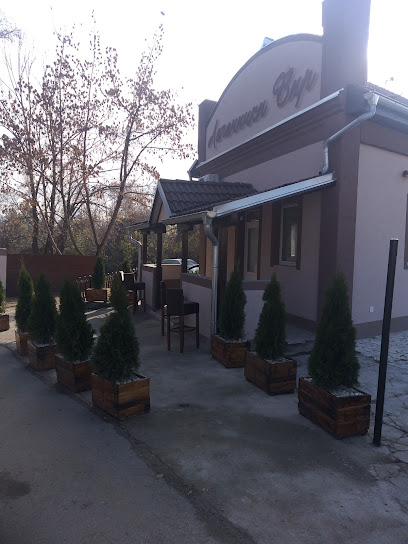
Triling Caffe Bar
Discover the vibrant atmosphere of Triling Caffe Bar in Kragujevac, a perfect retreat for travelers seeking relaxation and local culture.
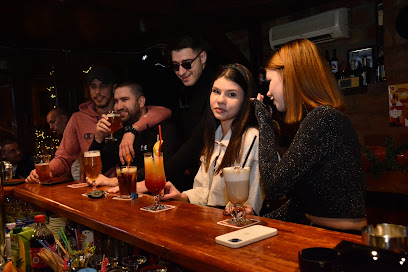
Output Cokolada
Experience the vibrant atmosphere and delightful drinks at Output Cokolada, a top bar in Kragujevac, Serbia, perfect for unwinding and socializing.
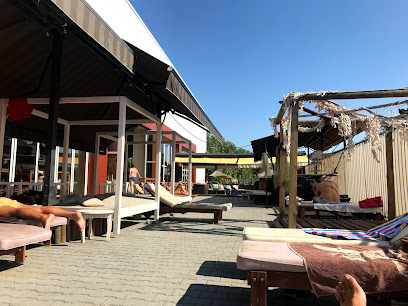
NEON lounge bar
Experience the vibrant NEON Lounge Bar in Kragujevac, where exquisite hookah meets a lively atmosphere for unforgettable social moments.
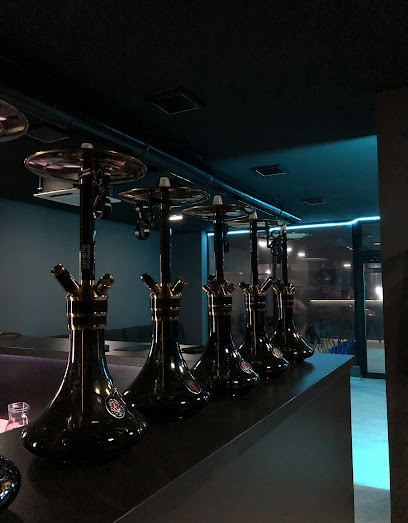
KaraPe
Discover the vibrant atmosphere and authentic Serbian drinks at KaraPe, a must-visit bar in the heart of Kragujevac.

Local Phrases
-
- HelloЗдраво
[Zdravo] - GoodbyeДовиђења
[Doviđenja] - YesДа
[Da] - NoНе
[Ne] - Please/You're welcomeМолим / Нема на чему
[Molim / Nema na čemu] - Thank youХвала
[Hvala] - Excuse me/SorryИзвините
[Izvinite] - How are you?Како си?
[Kako si?] - Fine. And you?Добро. А ти?
[Dobro. A ti?] - Do you speak English?Да ли говорите енглески?
[Da li govorite engleski?] - I don't understandНе разумем
[Ne razumem]
- HelloЗдраво
-
- I'd like to see the menu, pleaseЖелео/ла бих да видим мени, молим
[Želeo/la bih da vidim meni, molim] - I don't eat meatНе једем месо
[Ne jedem meso] - Cheers!Живели!
[Živeli!] - I would like to pay, pleaseЖелео/ла бих да платим, молим
[Želeo/la bih da platim, molim]
- I'd like to see the menu, pleaseЖелео/ла бих да видим мени, молим
-
- Help!Упомоћ!
[Upomoć!] - Go away!Оди даље!
[Odi dalje!] - Call the Police!Позвате полицију!
[Pozvate policiju!] - Call a doctor!Позвате лекара!
[Pozvate lekara!] - I'm lostИзгубио/ла сам се
[Izgubio/la sam se] - I'm illБолестан/на сам
[Bolestan/na sam]
- Help!Упомоћ!
-
- I'd like to buy...Желео/ла бих да купим...
[Želeo/la bih da kupim...] - I'm just lookingСамо гледам
[Samo gledam] - How much is it?Колико кошта?
[Koliko košta?] - That's too expensiveТо је превише скупо
[To je previše skupo] - Can you lower the price?Можете ли снизити цену?
[Možete li sniziti cenu?]
- I'd like to buy...Желео/ла бих да купим...
-
- What time is it?Колико је сати?
[Koliko je sati?] - It's one o'clockЈедан сат је
[Jedan sat je] - Half past (10)Пола (10)
[Pola (10)] - MorningЈутро
[Jutro] - AfternoonПоподне
[Popodne] - EveningВече
[Veče] - YesterdayЈуче
[Juče] - TodayДанас
[Danas] - TomorrowСутра
[Sutra] - 1Један
[Jedan] - 2Два
[Dva] - 3Три
[Tri] - 4Четири
[Četiri] - 5Пет
[Pet] - 6Шест
[Šest] - 7Седам
[Sedam] - 8Осам
[Osam] - 9Девет
[Devet] - 10Десет
[Deset]
- What time is it?Колико је сати?
-
- Where's a/the...?Где је...
[Gde je...] - What's the address?Која је адреса?
[Koja je adresa?] - Can you show me (on the map)?Можете ли да ми покажете (на мапи)?
[Možete li da mi pokažete (na mapi)?] - When's the next (bus)?Кад је следећи (аутобус)?
[Kad je sledeći (autobus)?] - A ticket (to ....)Једну карту (за ....)
[Jednu kartu (za ....)]
- Where's a/the...?Где је...
History of Kragujevac
-
Kragujevac's roots date back to the early medieval period, with archaeological evidence suggesting that the area was inhabited by Slavic tribes as early as the 6th century. The name 'Kragujevac' is derived from the Serbian word 'kraguj', a type of hawk, symbolizing the early settlers' connection to nature and wildlife.
-
In the early 19th century, Kragujevac became a focal point during the First Serbian Uprising against Ottoman rule. Led by Karađorđe Petrović, the uprising aimed to liberate Serbia from centuries of Ottoman domination. Kragujevac served as a strategic location for the revolutionary forces, contributing significantly to the eventual success of the uprising.
-
In 1818, Prince Miloš Obrenović declared Kragujevac the first capital of modern Serbia. This pivotal moment marked the city's transformation into a center of political and cultural significance. The establishment of various governmental institutions, including Serbia's first court and university, underscored Kragujevac's growing importance.
-
The mid-19th century saw Kragujevac at the forefront of Serbia's industrial revolution. In 1853, the city became home to the first weapons manufacturing plant in the Balkans, known as the 'Kragujevac Gun Foundry'. This development not only bolstered Serbia's military capabilities but also spurred economic growth and technological advancement in the region.
-
During World War II, Kragujevac was the site of a tragic event known as the Kragujevac Massacre. In October 1941, German occupying forces executed thousands of civilians, including schoolchildren, in retaliation for partisan resistance activities. This somber chapter in the city's history serves as a poignant reminder of the horrors of war and the resilience of the human spirit.
-
After World War II, Kragujevac underwent significant reconstruction and modernization. The establishment of the Zastava Automotives factory in the 1950s marked a new era of industrial growth, making the city a hub for automotive production in Yugoslavia. The post-war period also saw the development of educational institutions and cultural landmarks, further solidifying Kragujevac's role as a dynamic urban center.
-
Kragujevac boasts a rich cultural heritage, with numerous festivals and events celebrating its history and traditions. The Joakim Vujić Theatre, founded in 1835, is one of the oldest in Serbia and continues to be a cultural beacon. The 'Anti-War Cartoon Salon' is an annual event that attracts artists from around the world, promoting peace and tolerance through art.
Kragujevac Essentials
-
Kragujevac is located in central Serbia. The nearest international airport is Nikola Tesla Airport in Belgrade, approximately 140 kilometers away. From Belgrade, you can take a bus or a train to Kragujevac. The bus journey typically takes around 2 hours, while the train takes about 2.5 to 3 hours. Alternatively, you can rent a car from Belgrade and drive to Kragujevac, which will take about 1.5 to 2 hours.
-
Kragujevac has a reliable public transportation system that includes buses and taxis. Buses are the most common form of public transport and cover most areas of the city. Taxis are also readily available and relatively inexpensive. If you prefer to explore at your own pace, renting a car is a convenient option. The city is also bike-friendly, and renting a bicycle is an excellent way to explore the local attractions.
-
The official currency in Serbia is the Serbian Dinar (RSD). Credit cards are widely accepted in hotels, restaurants, and larger shops, but it is advisable to carry cash, especially in smaller establishments and local markets. ATMs are widely available throughout Kragujevac, making it easy to withdraw cash as needed.
-
Kragujevac is generally a safe destination for tourists. However, as with any city, it's important to take standard precautions. Avoid walking alone at night in unfamiliar areas and keep an eye on your belongings in crowded places. While Kragujevac does not have specific high-crime areas targeting tourists, it is always best to stay vigilant and aware of your surroundings.
-
In case of emergency, dial 112 for immediate assistance. This number connects you to police, fire, and medical services. The local police station and medical facilities are available in Kragujevac. It is highly recommended to have travel insurance that covers medical emergencies. For minor health issues, there are numerous pharmacies in the city where you can purchase over-the-counter medications.
-
Fashion: Do dress modestly, especially when visiting religious sites. Avoid wearing overly revealing clothing. Religion: Do respect local customs and traditions. When visiting churches, dress conservatively and avoid loud behavior. Public Transport: Do be respectful and give up your seat to elderly passengers. Avoid eating and drinking on public transport. Greetings: Do greet people with a handshake. A friendly nod or a smile is also appreciated. Eating & Drinking: Do try local delicacies and accept food offerings graciously. Don't refuse hospitality, as it is considered impolite.
-
To experience Kragujevac like a local, visit the local markets where you can buy fresh produce and traditional Serbian goods. Engage with locals, as they are often friendly and willing to share stories about the city’s history and culture. Don't miss visiting the Šumarice Memorial Park, which commemorates the tragic events of World War II. For a unique experience, explore the Zastava Museum, which showcases the history of the famous Yugoslav car manufacturer.
Trending Landmark in Kragujevac
-
Memorial Park October in Kragujevac
-
Big Park
-
21st of October Museum
-
Eko park Ilina voda
-
Sputnik 1957
-
Triptih
-
Restoran Pljeskovac
-
Drača monastery
-
Monastery Divostin
-
Šumarice Lake
-
The prince's arsenal
-
Ambassador house
-
National Museum of Šumadija
-
Restoran Lađa kod Bože (Lađa Francuska)
-
Arsenal, Kragujevac
Nearby Cities to Kragujevac
-
Things To Do in Kraljevo
-
Things To Do in Smederevo
-
Things To Do in Belgrade
-
Things To Do in Pančevo
-
Things To Do in Niš
-
Things To Do in Podujevo
-
Things To Do in Mitrovica
-
Things To Do in Vushtrri
-
Things To Do in Drobeta-Turnu Severin
-
Things To Do in Peja
-
Things To Do in Novi Sad
-
Things To Do in Kamenica
-
Things To Do in Shtime
-
Things To Do in Gjilan
-
Things To Do in Ferizaj










